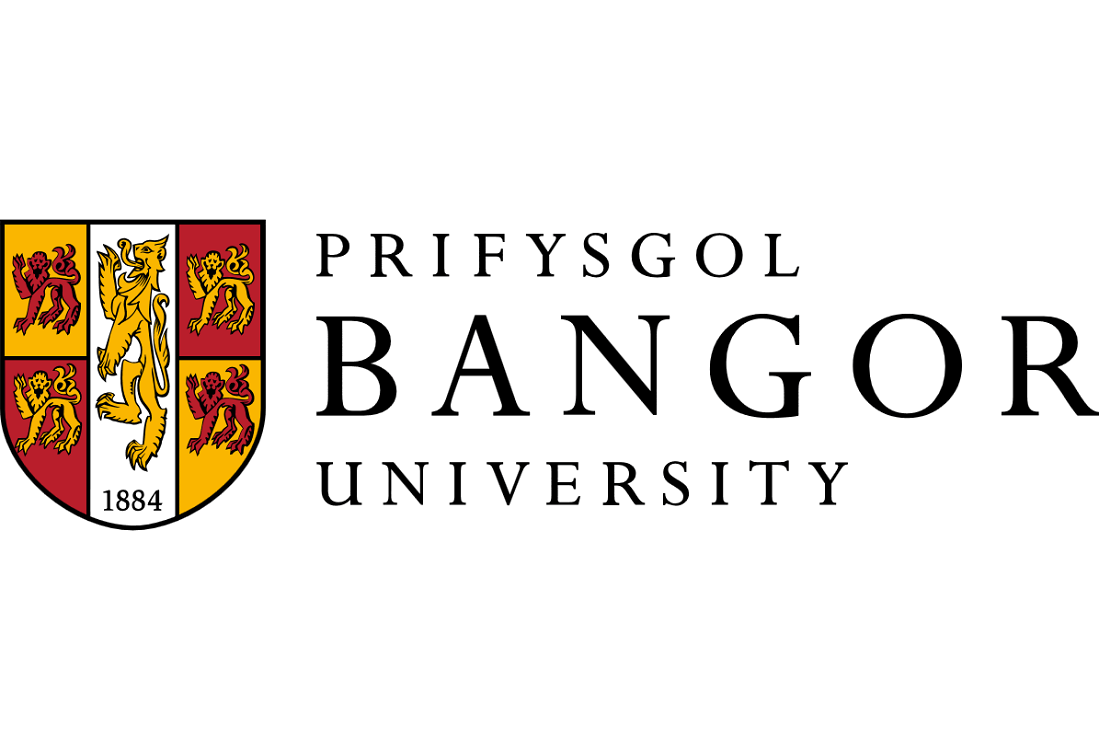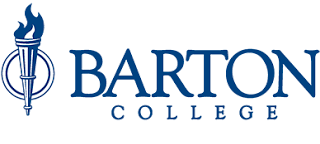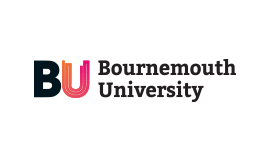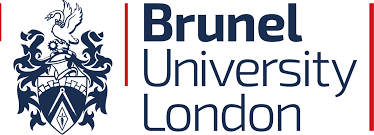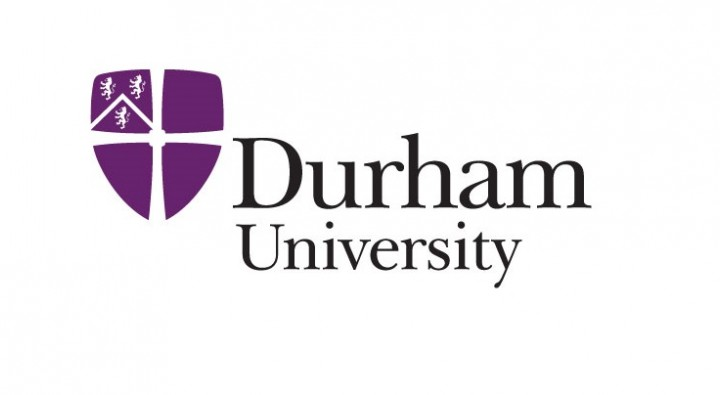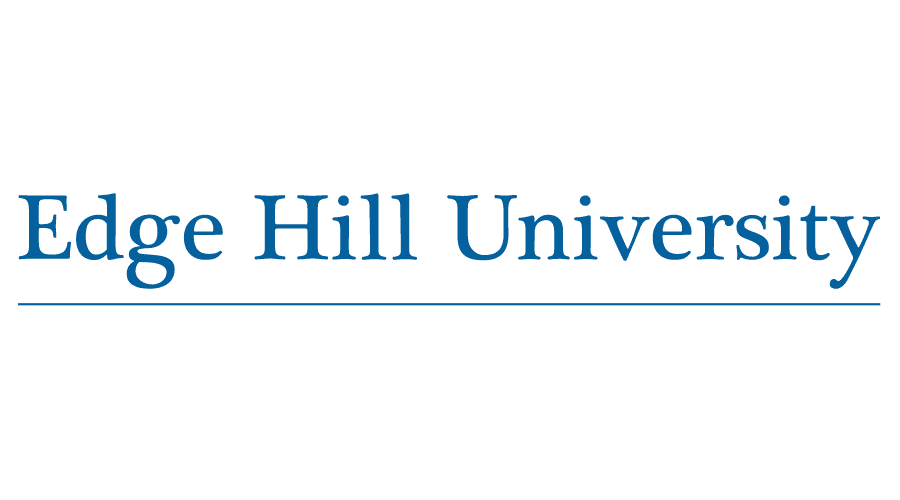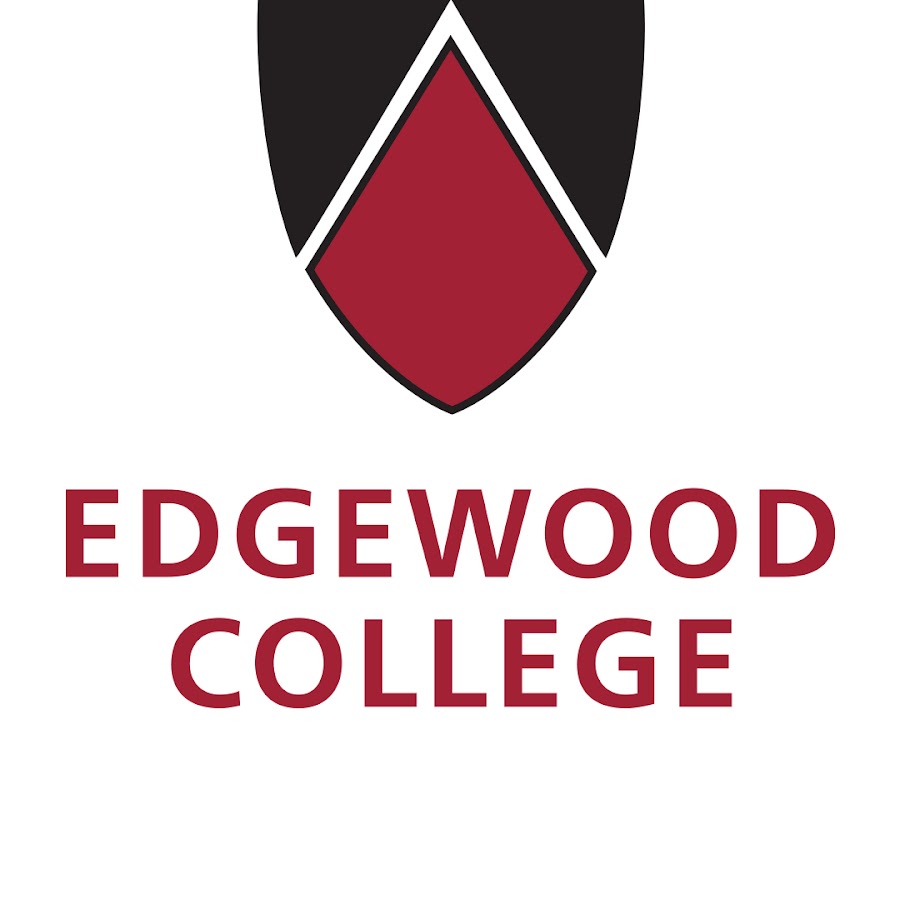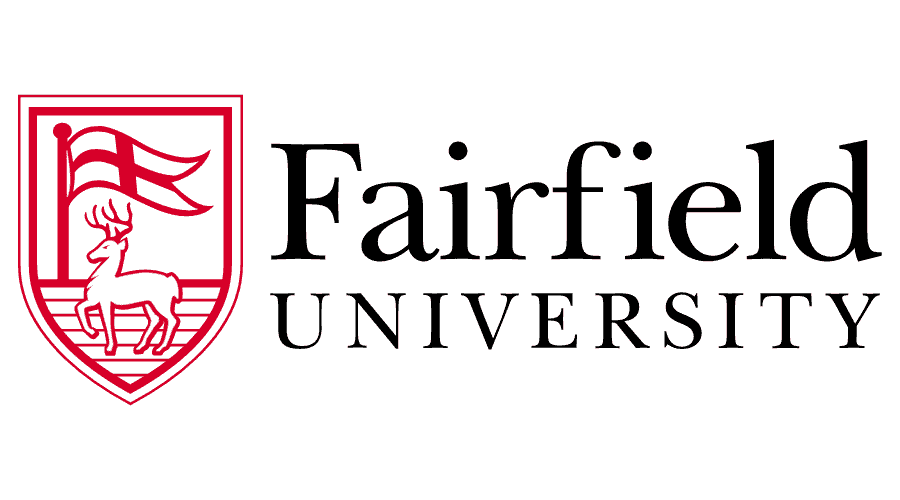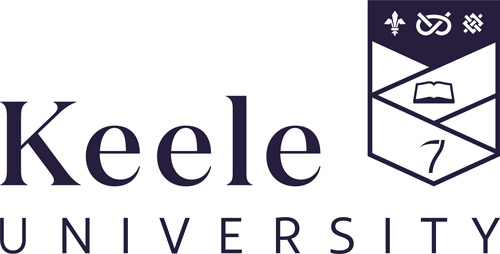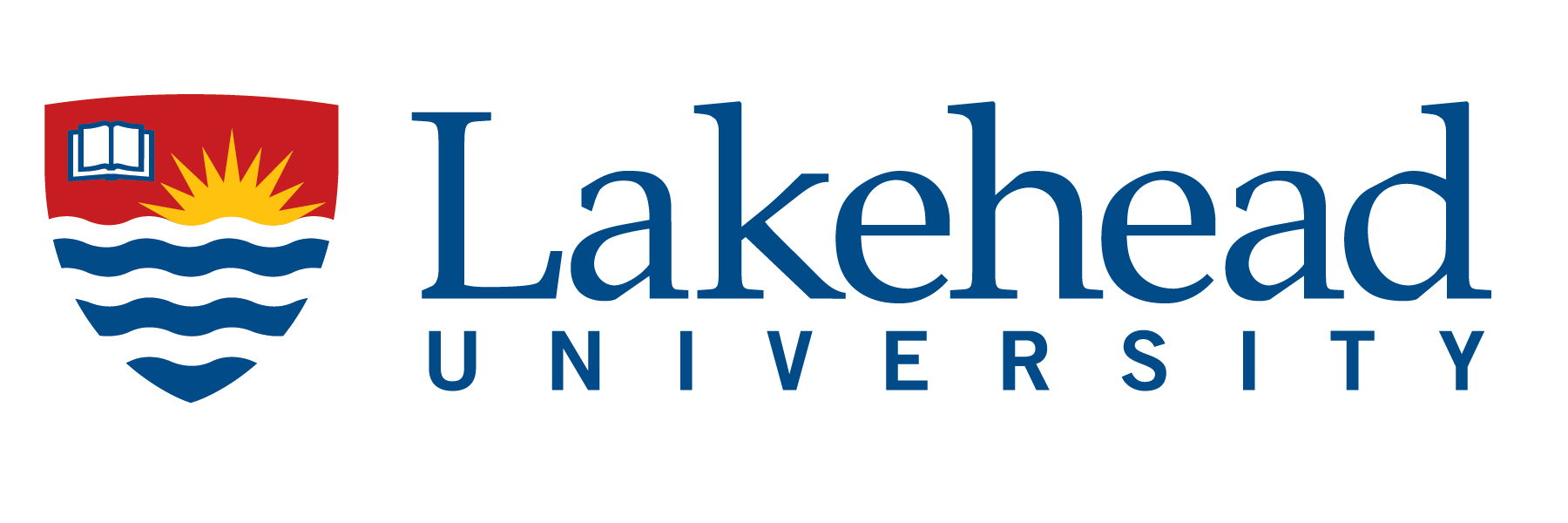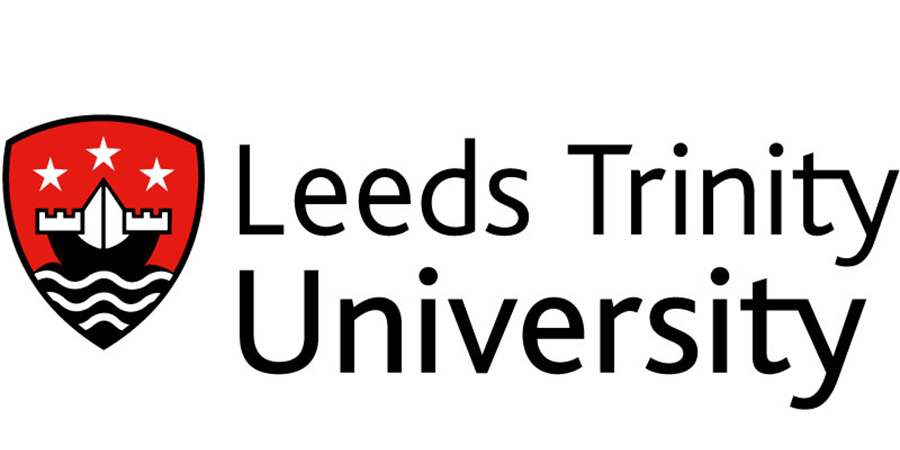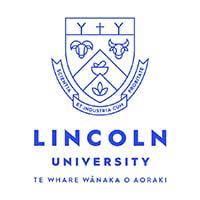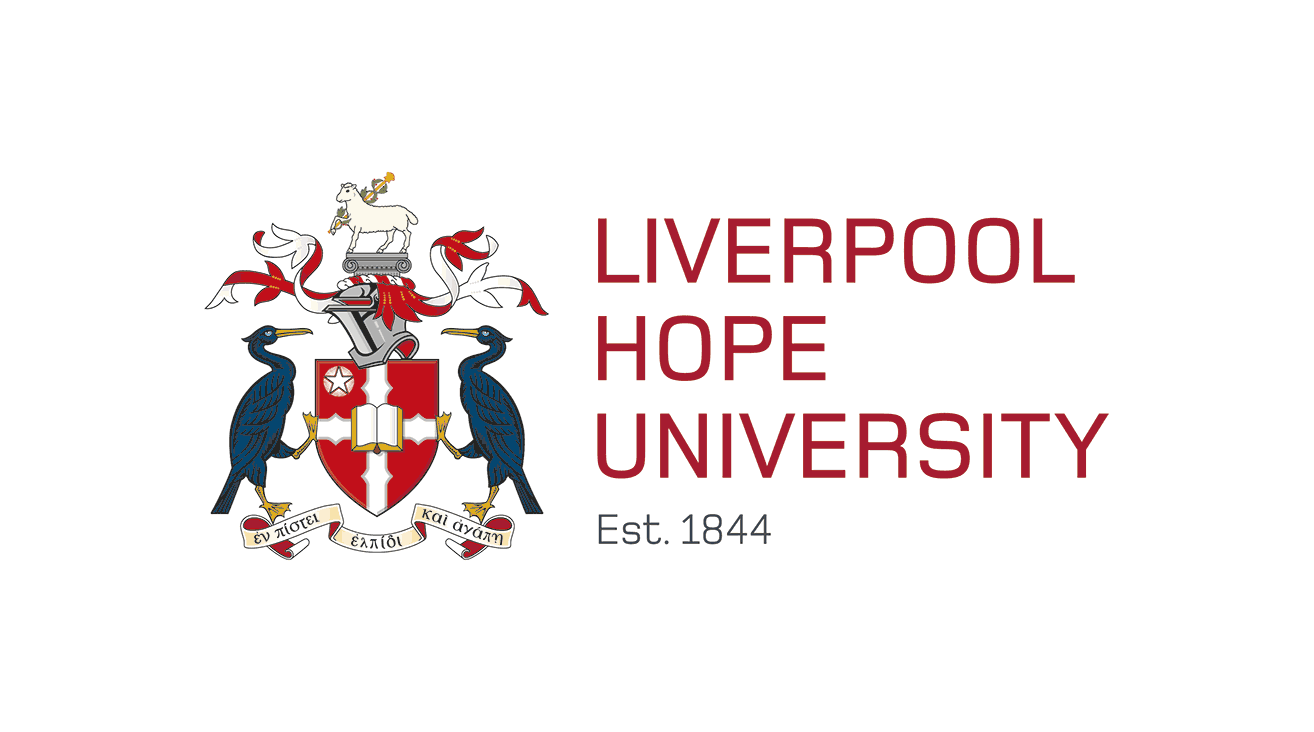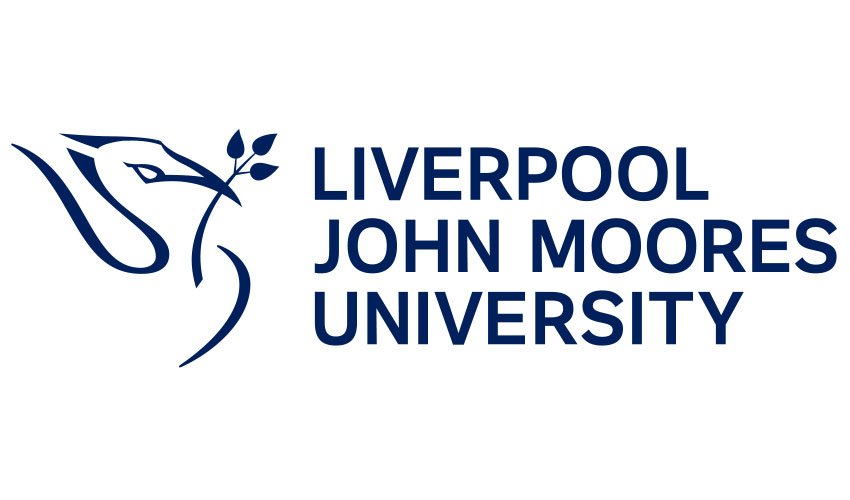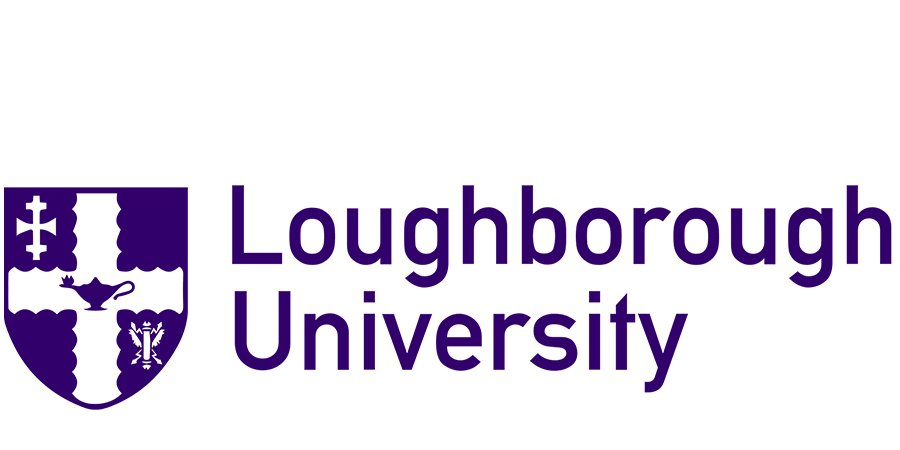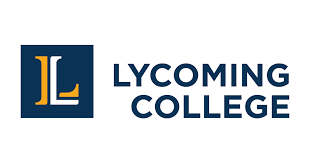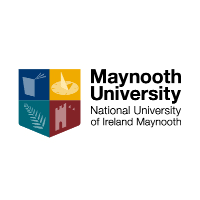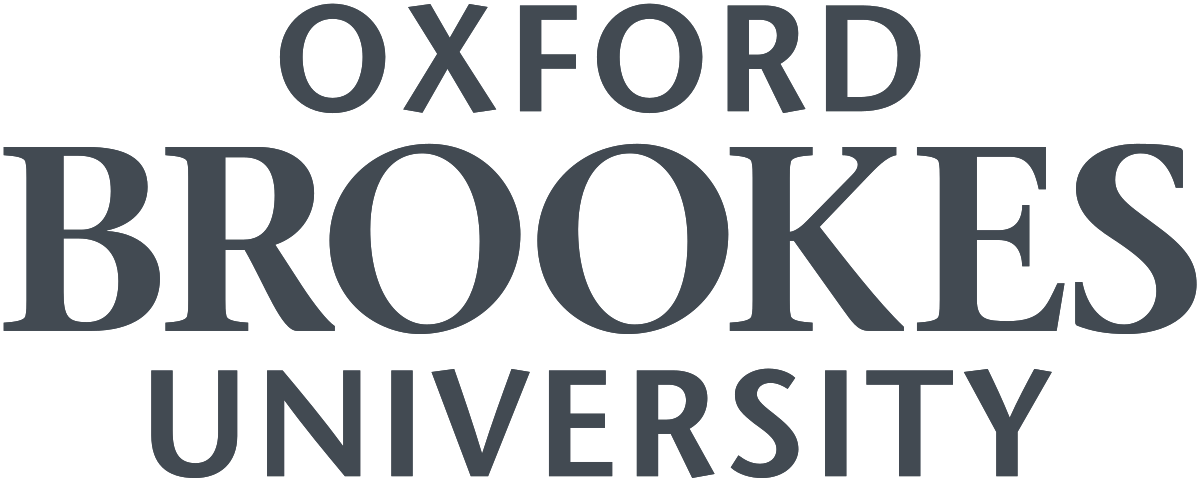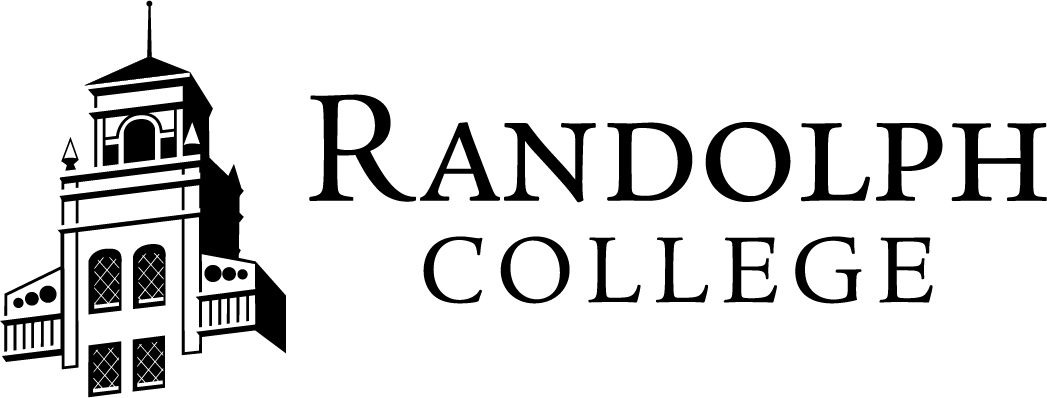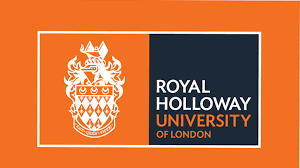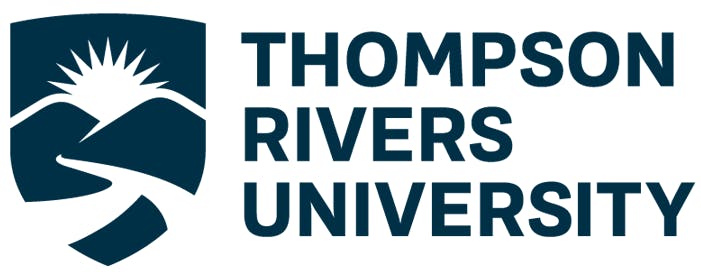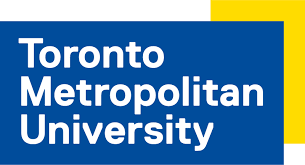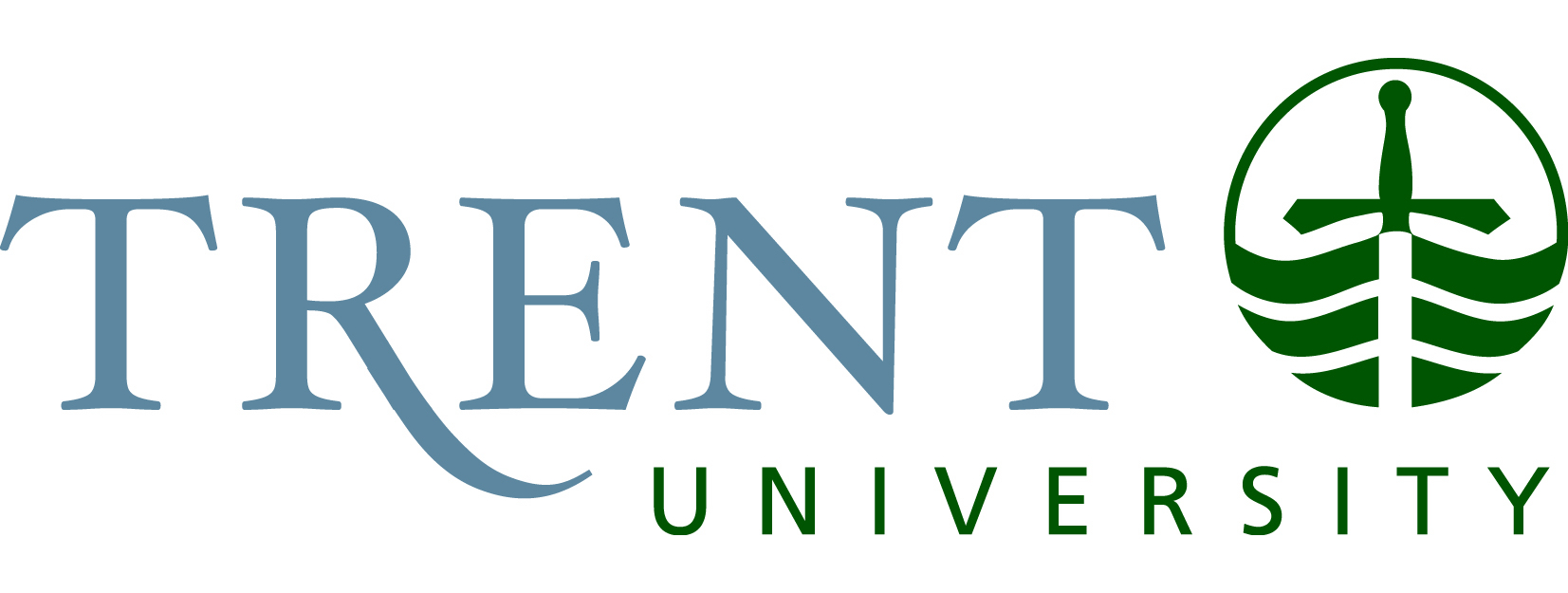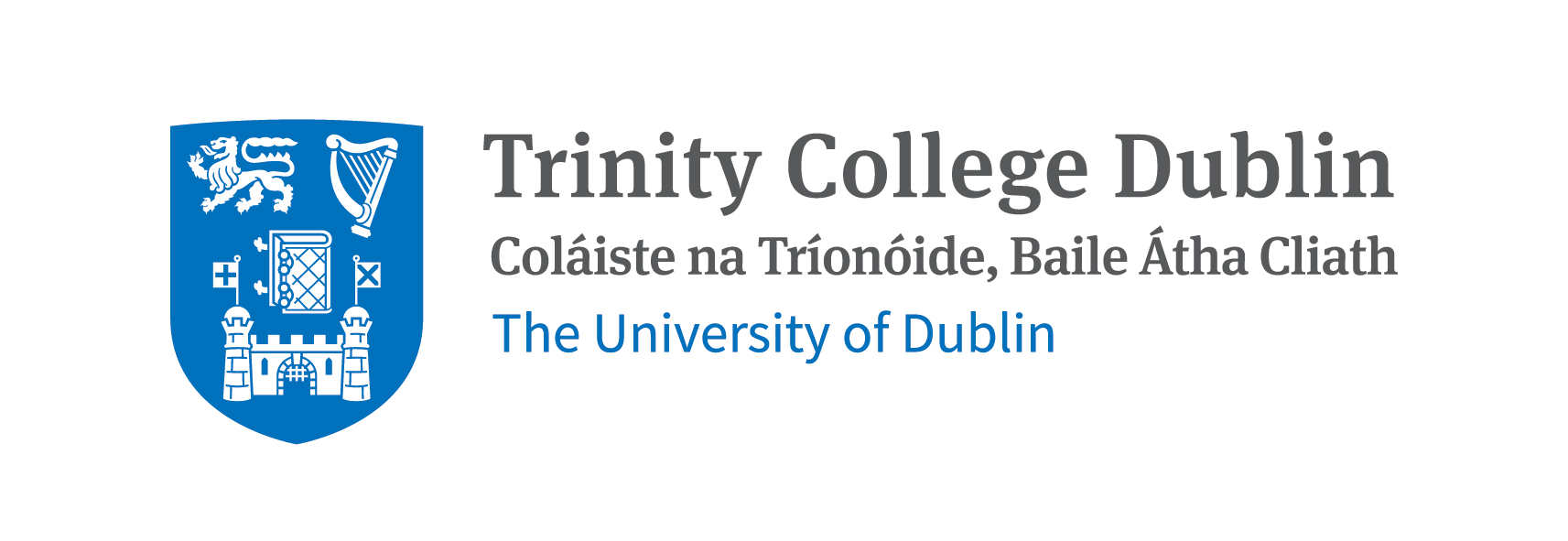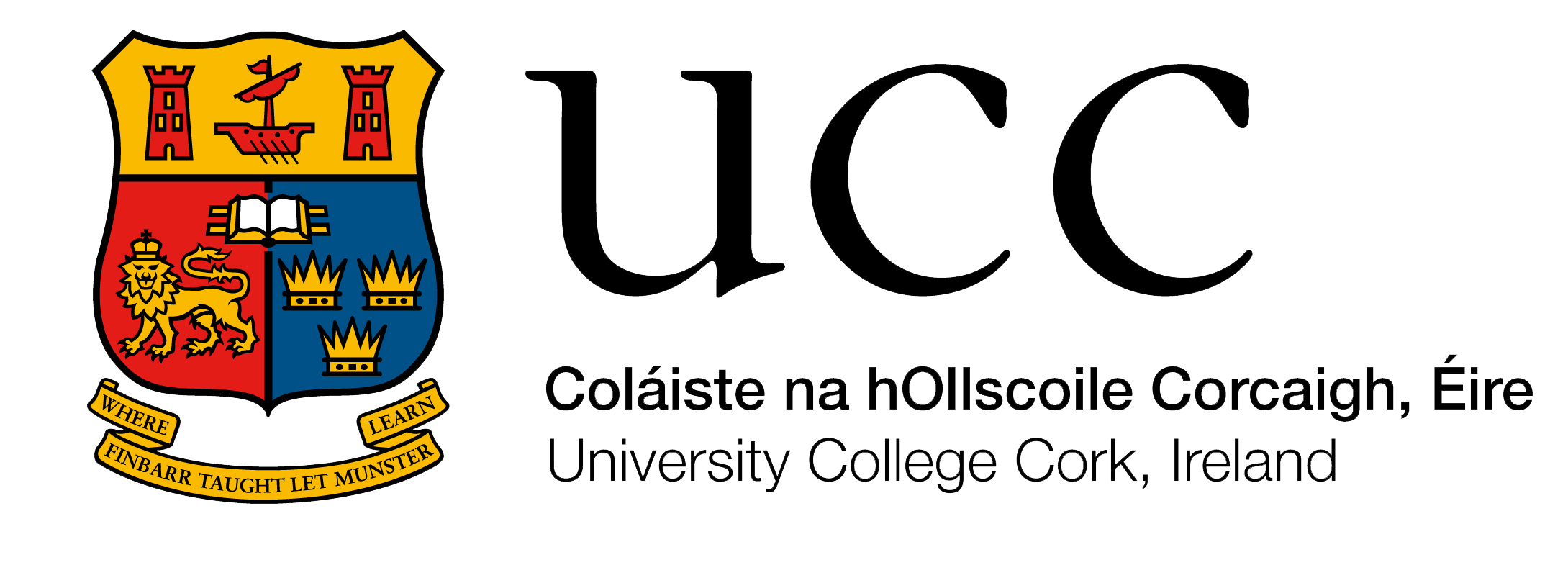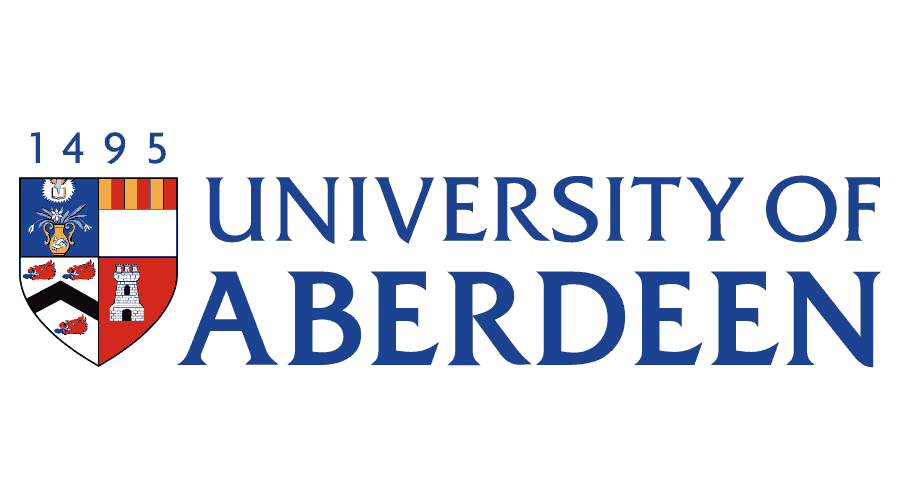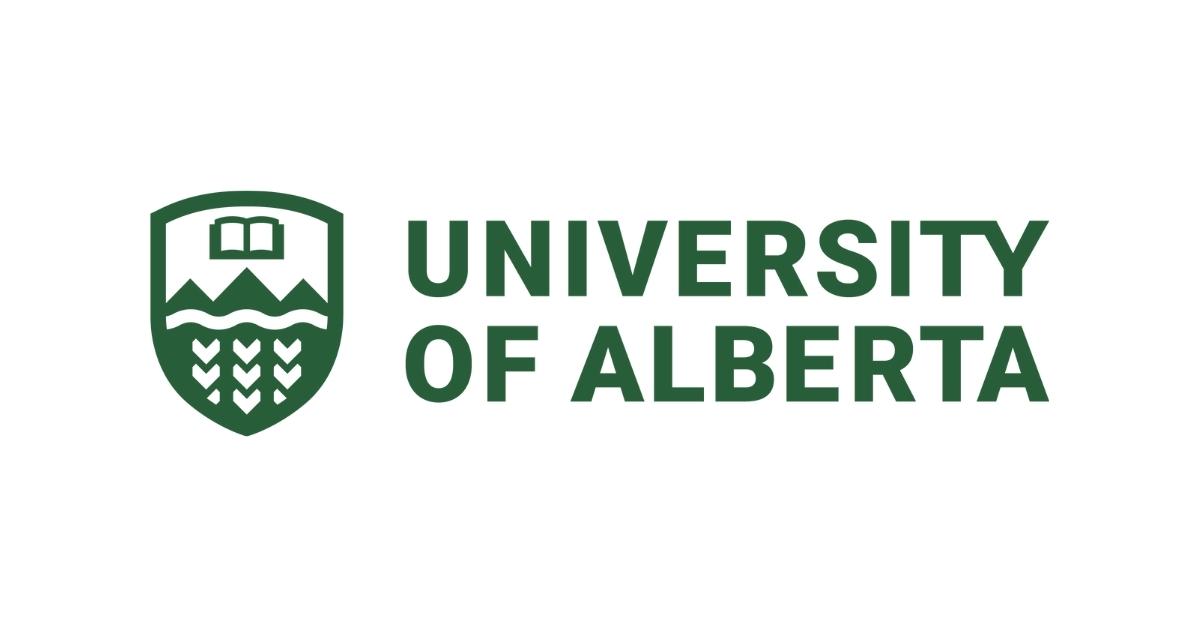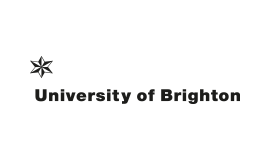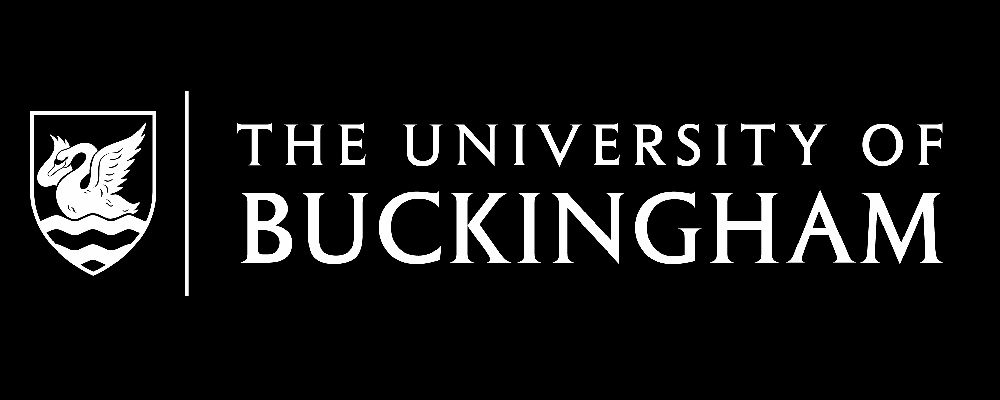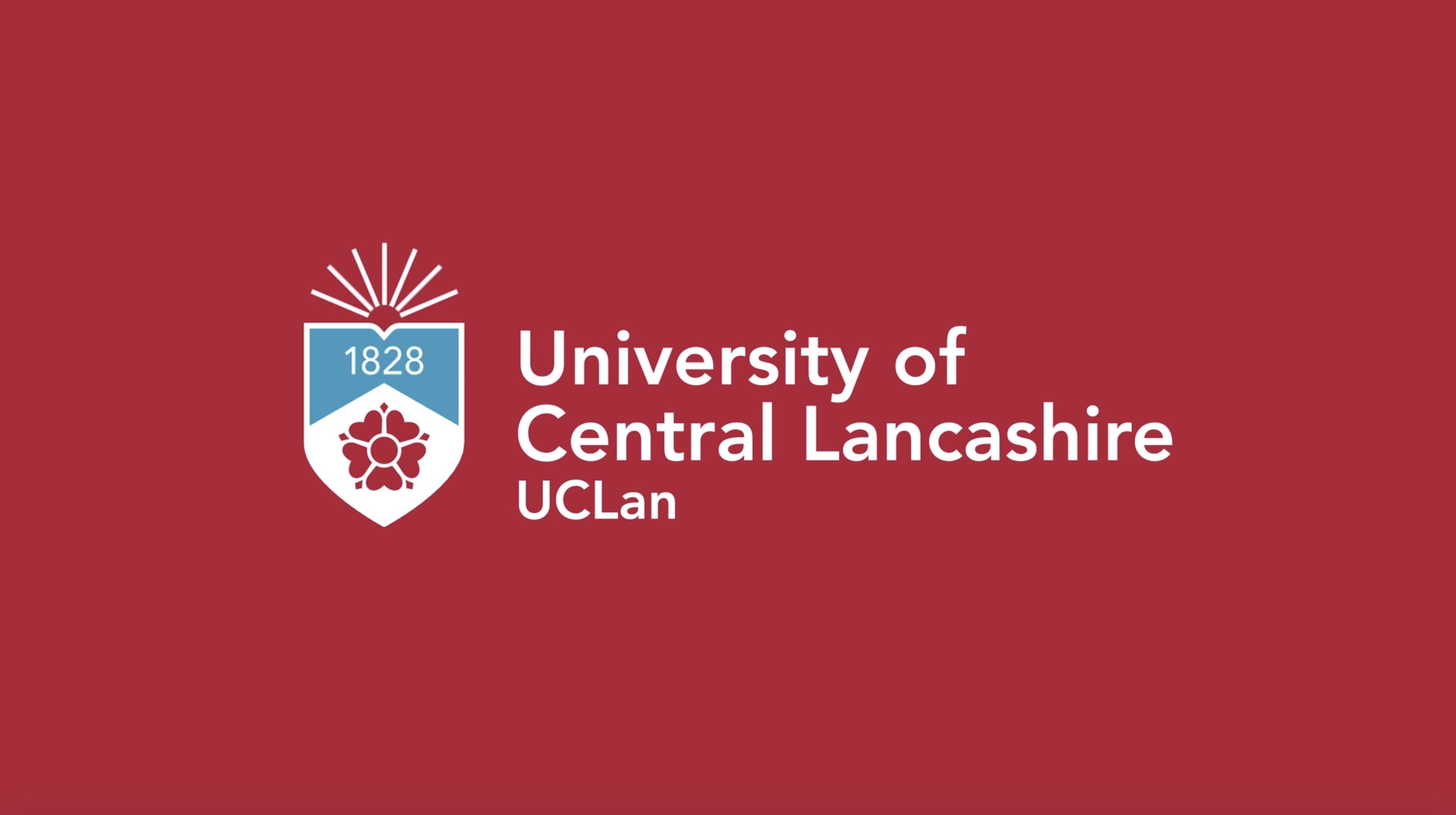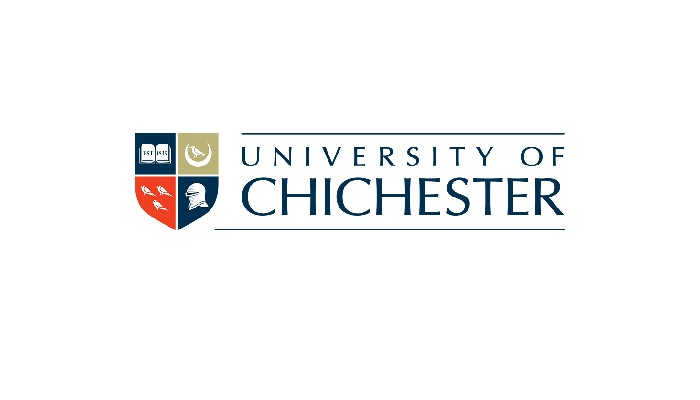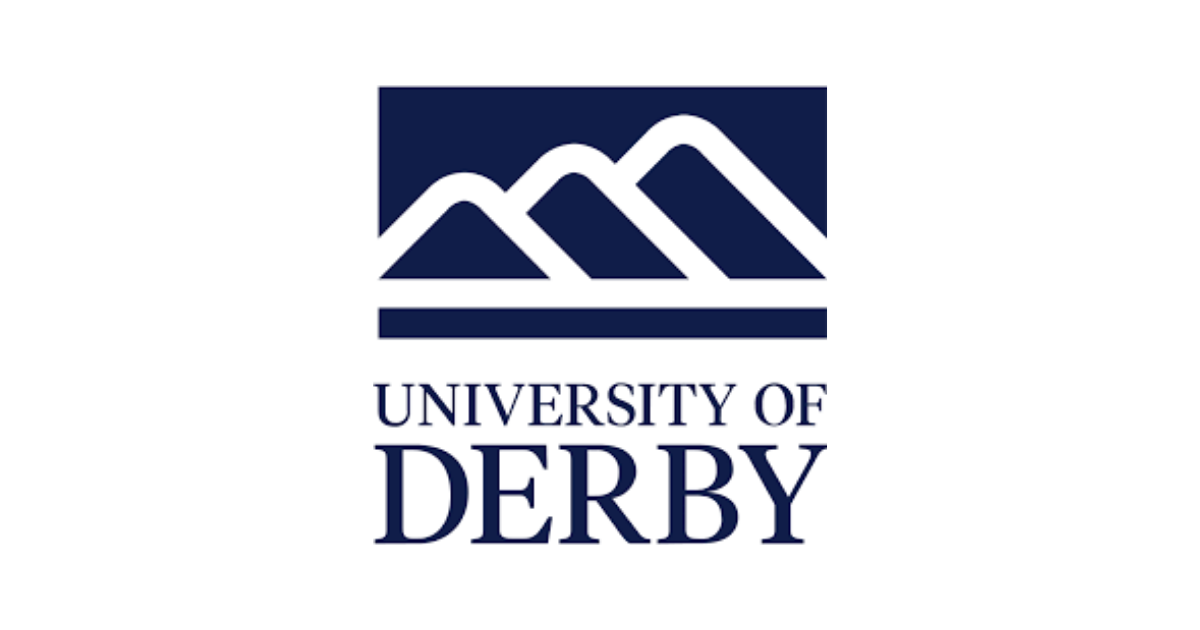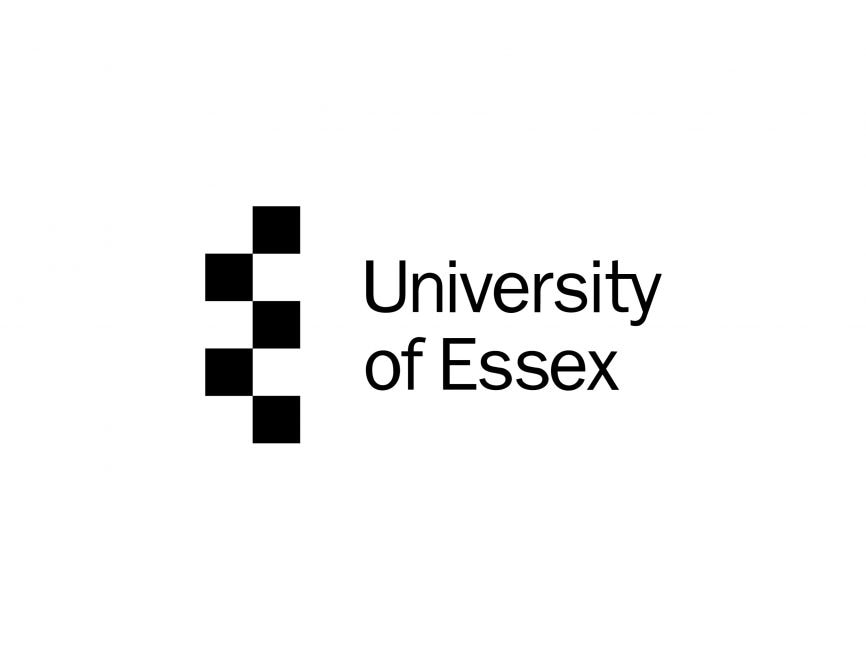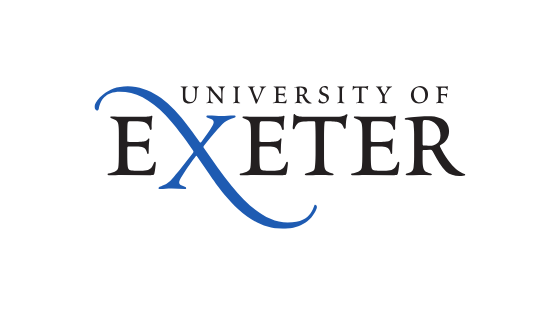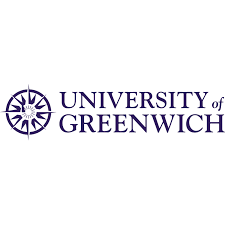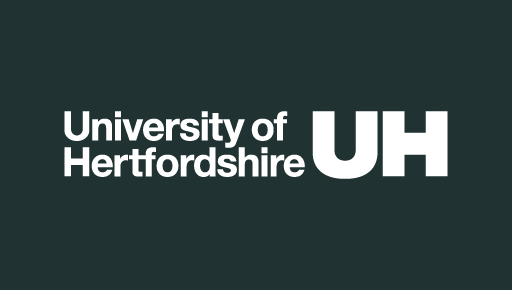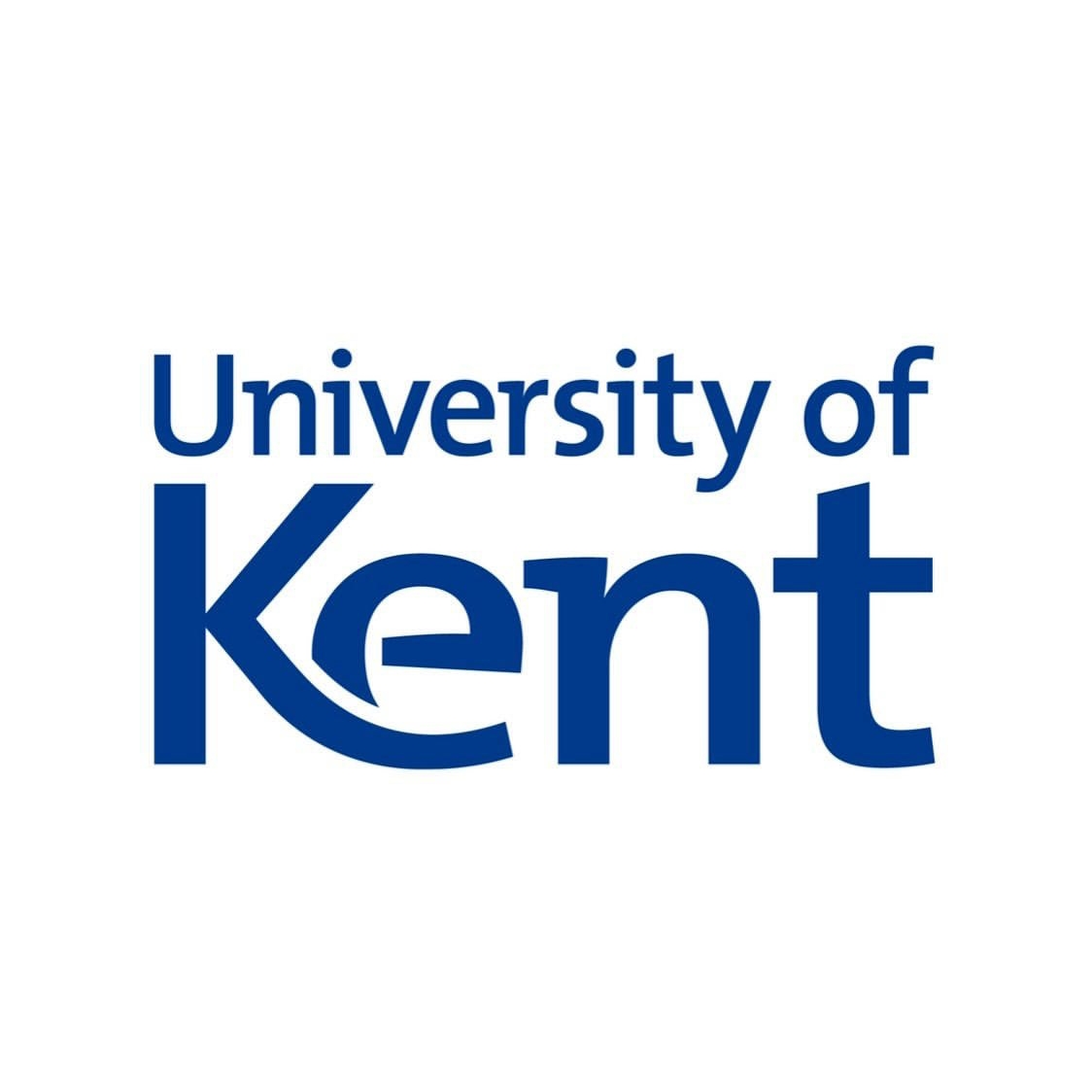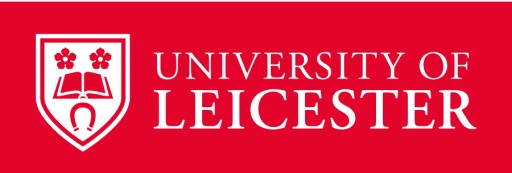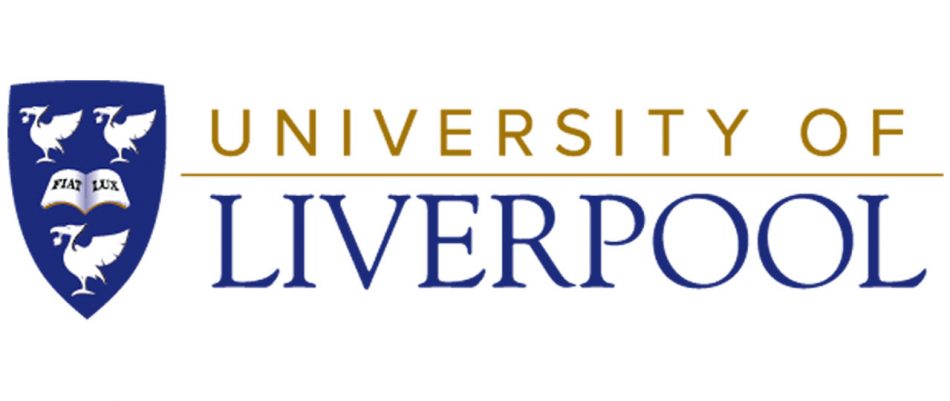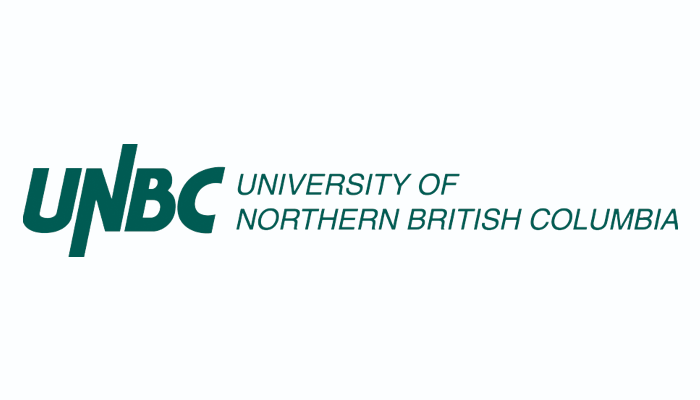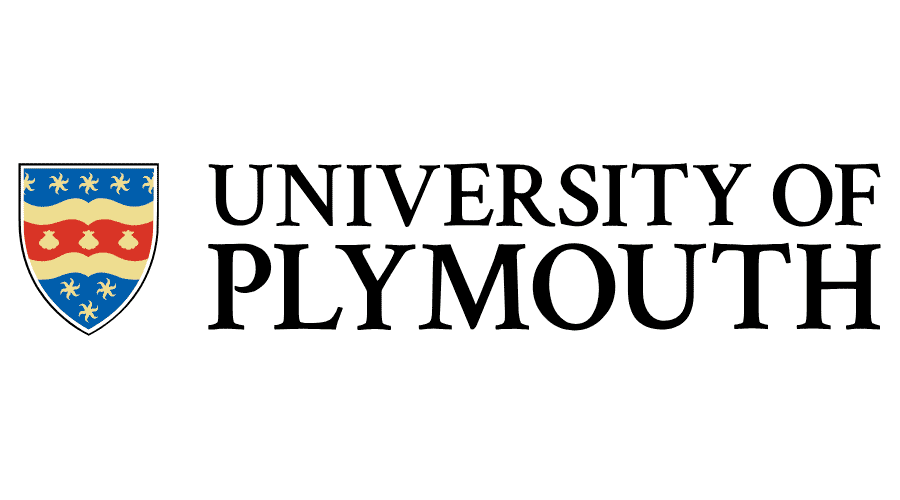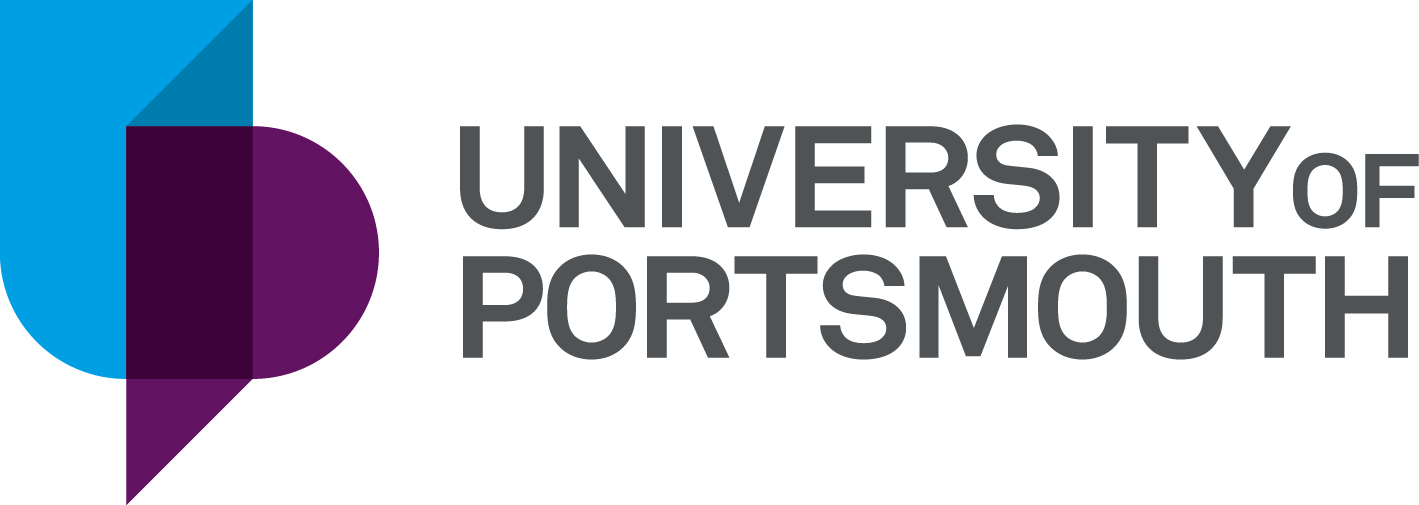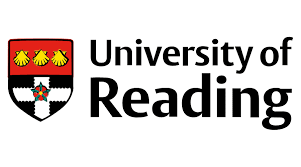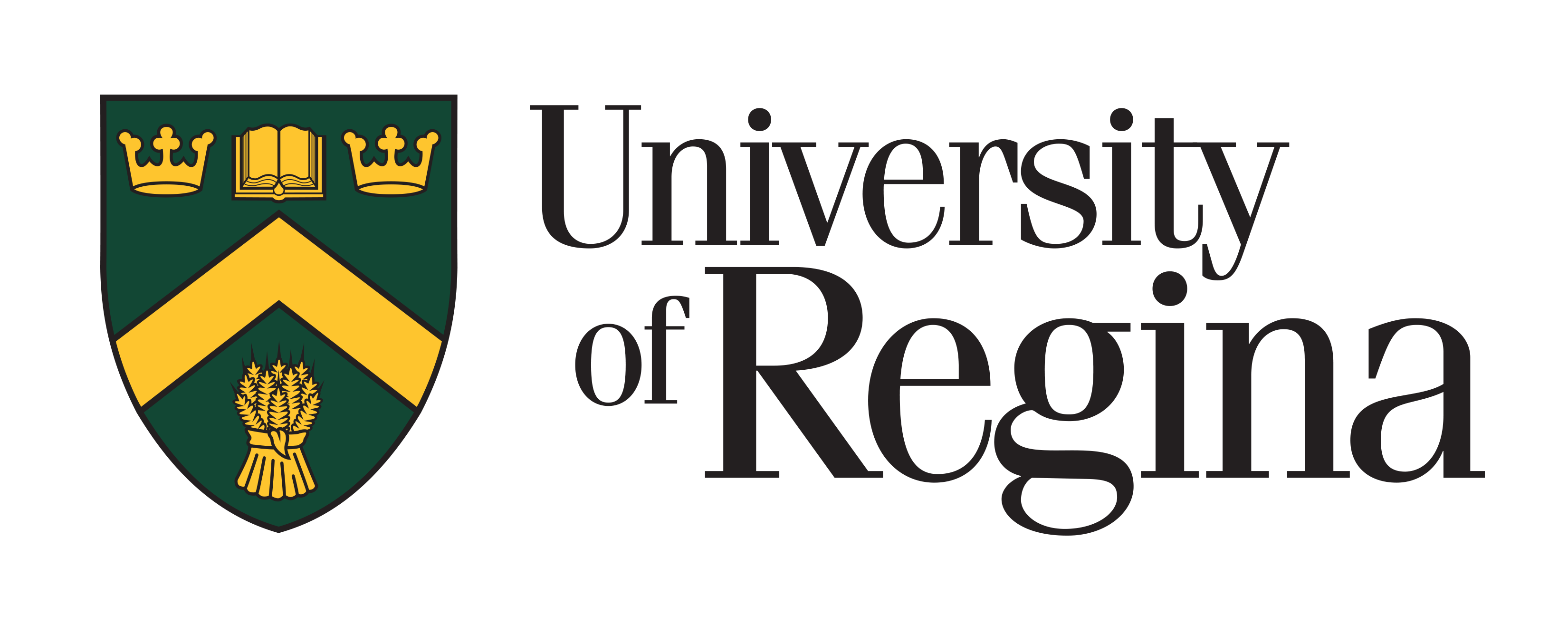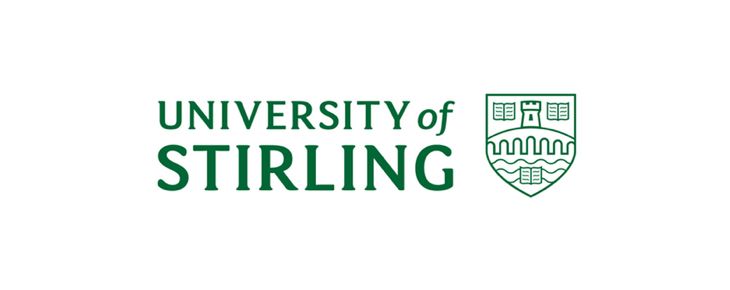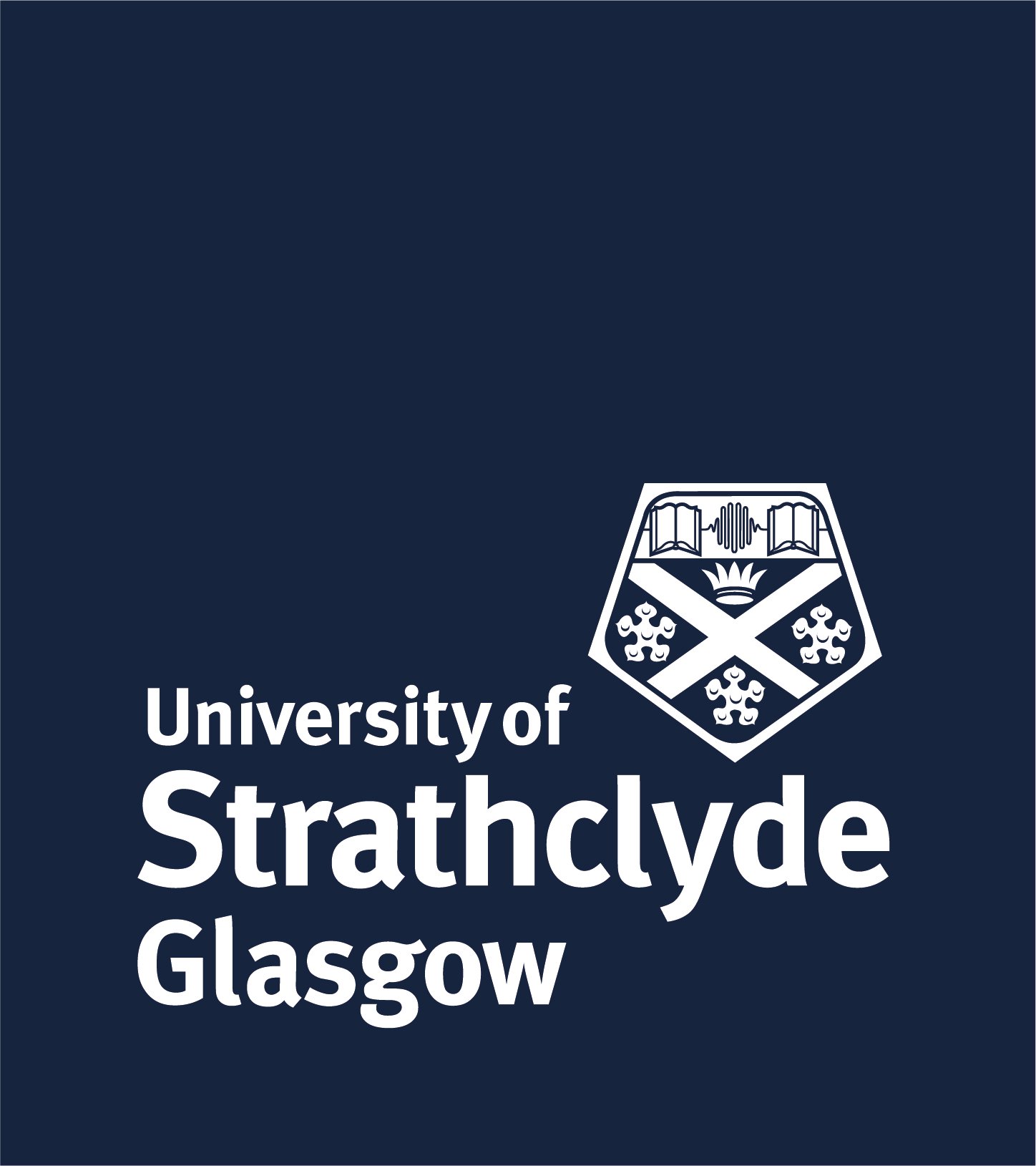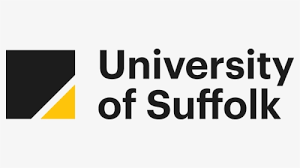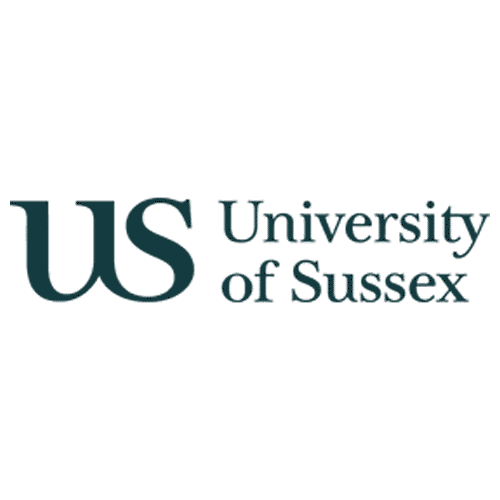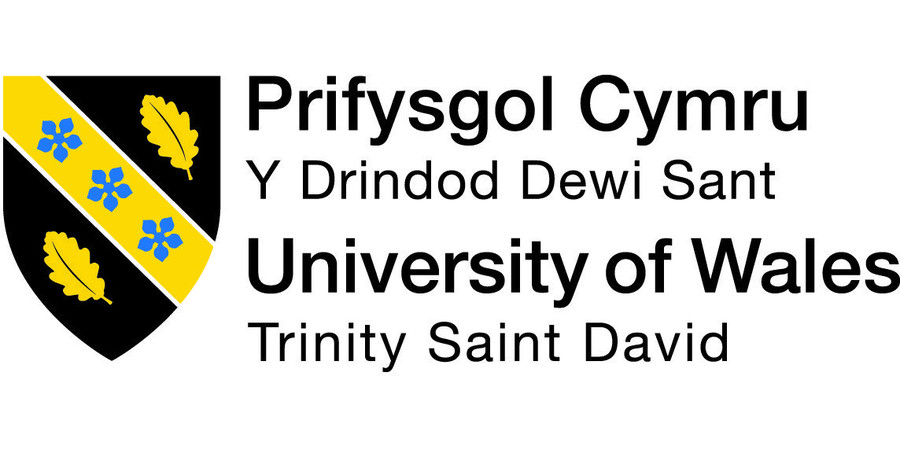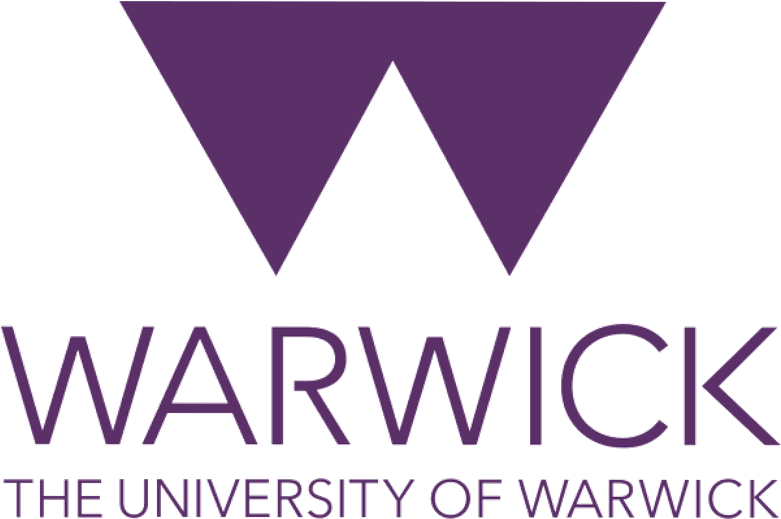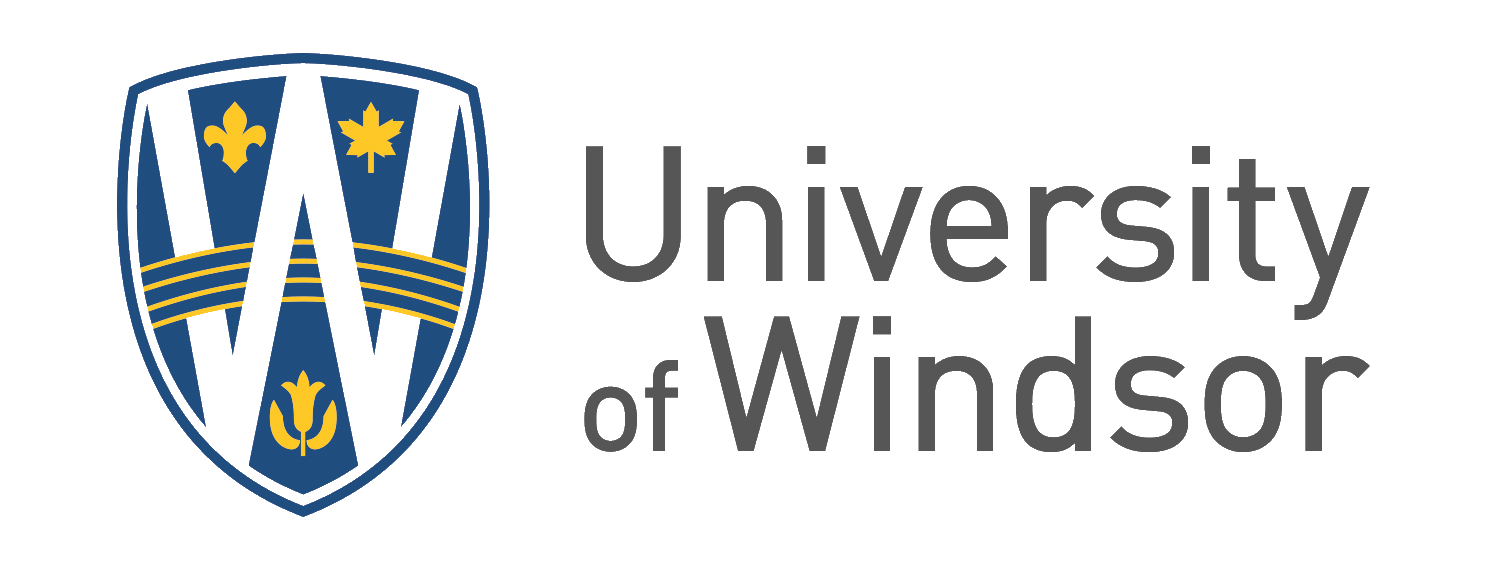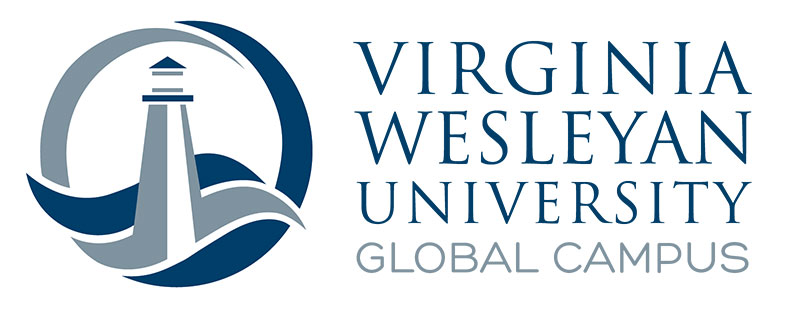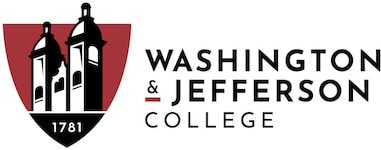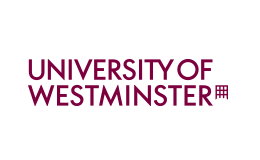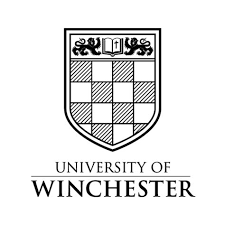Study History Abroad: Unlocking the Secrets of the Past for Indian Students
Embark on a transformative journey through time by studying History abroad. For Indian students aspiring to delve into the rich tapestries of human civilizations, ancient empires, and modern revolutions, pursuing a History degree overseas offers unparalleled opportunities. Imagine walking the halls of ancient universities in Europe or exploring primary sources in American archives. This course page explores everything you need to know about studying History abroad, from top destinations to career prospects, tailored specifically for ambitious students from India.
History is more than memorizing dates—it's about understanding how the past shapes our present and future. With globalization, Indian students can access world-class education that broadens perspectives and enhances employability. Whether you're passionate about Indian independence, world wars, or cultural heritage, studying abroad equips you with critical thinking skills and global insights.
Why Choose to Study History Abroad?
Studying History in your home country is valuable, but abroad it becomes extraordinary. International programs expose you to diverse viewpoints, original artifacts, and interdisciplinary approaches that aren't always available in India. Here's why Indian students should consider this path:
- Global Perspective: Learn from faculty who specialize in non-Western histories, including South Asian narratives, alongside European and American ones. This counters Eurocentric biases and enriches your understanding of India's role in world events.
- Access to Resources: Universities abroad boast vast libraries, museums, and archives. For instance, the British Library in the UK holds invaluable colonial-era documents relevant to Indian history.
- Research Opportunities: Engage in fieldwork, excavations, or internships at historical sites—experiences rare in India due to limited funding.
- Skill Development: Hone analytical, writing, and debate skills through seminars and theses, preparing you for competitive global job markets.
- Cultural Immersion: Living abroad fosters empathy and adaptability, key for careers in diplomacy or international relations.
Moreover, a foreign degree adds prestige to your resume, making you stand out in India's growing heritage tourism and education sectors.
Top Destinations for Studying History
Choosing the right country is crucial for your History studies. Factors like program quality, cost, visa ease, and cultural affinity matter, especially for Indian students. Below is a comparison of popular destinations:
| Country | Key Strengths | Popular Universities | Tuition (Annual, Approx. in INR) | Visa Notes for Indians |
|---|---|---|---|---|
| United Kingdom | Rich in medieval and imperial history; strong focus on archives and primary sources. | University of Oxford, University of Cambridge, UCL | 20-30 lakhs | Student visa straightforward; post-study work visa up to 2 years. |
| United States | Diverse programs covering global histories; emphasis on interdisciplinary studies like history with tech or environment. | Harvard University, Yale University, University of California, Berkeley | 25-40 lakhs | F-1 visa; OPT allows 1-3 years work post-graduation. |
| Canada | Affordable, inclusive programs; focus on indigenous and multicultural histories relevant to diaspora studies. | University of Toronto, McGill University, University of British Columbia | 15-25 lakhs | Study permit easy; PGWP up to 3 years for work experience. |
| Australia | Modern facilities; programs blending Asian-Pacific histories, ideal for Indian perspectives. | University of Sydney, Australian National University, University of Melbourne | 18-28 lakhs | Subclass 500 visa; post-study work rights 2-4 years. |
| Germany | Low or no tuition; strong in European and colonial histories, with English-taught options. | University of Heidelberg, Humboldt University of Berlin | 0-5 lakhs (mostly free) | Student visa requires blocked account; 18-month job search post-study. |
The UK and USA are favorites for their prestige, while Canada and Australia offer better work-life balance and Indian diaspora support. Germany appeals for budget-conscious students seeking tuition-free education.
Popular History Programs and Universities
History programs abroad range from bachelor's (BA) to master's (MA) and PhD levels. Undergraduate degrees typically last 3-4 years, while postgraduate ones are 1-2 years. Specializations include ancient history, modern international relations, or heritage management.
Here are some standout programs:
- BA History at University of Oxford (UK): A rigorous tutorial-based system exploring themes like empires and revolutions. Ideal for students interested in subaltern studies linking to Indian contexts.
- MA in History at Harvard University (USA): Focuses on transnational history, with seminars on colonialism and decolonization—perfect for researching British Raj influences.
- BA Honours in History at University of Toronto (Canada): Emphasizes Canadian-Indian connections, including migration histories, with co-op placements.
- Master of Arts in Asian History at Australian National University (Australia): Tailored for South Asian scholars, covering Mughal era to contemporary India-Australia ties.
- MA in Global History at Humboldt University (Germany): Interdisciplinary, free tuition, and includes modules on non-European worlds.
Many programs offer exchange opportunities, allowing you to study in multiple countries during your degree.
What Does a History Degree Abroad Entail?
A typical History curriculum combines lectures, seminars, and independent research. Expect to analyze texts, debate interpretations, and write essays. For Indian students, courses often include electives on Asian history to bridge cultural gaps.
Core Components:
- Foundational Modules: World history surveys, from ancient civilizations (e.g., Indus Valley) to 20th-century events like Partition of India.
- Specialized Electives: Topics like Gender in History, Economic History, or Digital Humanities—using tech to map historical data.
- Research Training: Learn archival methods, oral histories, and paleography. Many programs require a dissertation on a topic of your choice, such as Gandhi's global impact.
- Assessment: Exams, essays, presentations, and vivas. Grades emphasize critical analysis over rote learning.
- Extracurriculars: Join history societies, attend guest lectures by experts, or volunteer at museums.
Programs are flexible; you can minor in related fields like Politics or Archaeology. Language requirements vary—English-taught in most places, but German or French options add depth.
Career Opportunities After Studying History Abroad
A History degree opens doors beyond academia. Graduates develop transferable skills like research, communication, and problem-solving, highly valued in India's evolving economy. With international exposure, you'll compete globally.
Top Career Paths:
- Academia and Research: Become a professor or historian at institutions like JNU or IITs. PhD holders can join think tanks like the Observer Research Foundation.
- Museums and Heritage: Curate exhibits at the National Museum in Delhi or international bodies like UNESCO. Demand is rising with India's tourism boom.
- Journalism and Media: Write for outlets like The Hindu or BBC, specializing in historical analysis.
- Public Sector: Roles in civil services (IAS), diplomacy (MEA), or policy advising, leveraging global insights.
- Corporate and NGOs: Archival work in law firms, compliance in banks, or advocacy with Amnesty International.
- Education: Teach at schools or develop curricula incorporating global histories.
Average starting salaries abroad range from $40,000-$60,000 USD (30-45 lakhs INR), while in India, it's 6-12 lakhs INR, rising quickly with experience. Many returnees secure roles in heritage startups or edtech firms.
Scholarships and Funding Options for Indian Students
Financing your studies is a concern, but numerous scholarships ease the burden. Prioritize those for international or South Asian students.
- Chevening Scholarships (UK): Fully funded master's for future leaders; covers tuition, living, and flights. Focus on history-related public policy.
- Fulbright-Nehru Fellowship (USA): For master's/PhD; emphasizes cultural exchange, ideal for Indian history scholars.
- Vanier Canada Graduate Scholarships: Up to CAD 50,000/year for doctoral research in humanities.
- Australia Awards: Fully funded for postgraduate studies, prioritizing development-focused histories.
- DAAD Scholarships (Germany): Covers tuition and stipend; no tuition fees make it attractive.
- University-Specific Aid: Oxford's Clarendon Fund or Harvard's need-based grants for internationals.
Also, explore Indian government schemes like the National Overseas Scholarship. Part-time jobs (20 hours/week) and assistantships can cover living costs, around 10-15 lakhs INR annually.
Application Tips for Indian Students
Applying abroad requires planning. Start 12-18 months early.
- Research Programs: Use sites like QS Rankings or Studyportals to shortlist.
- Academic Prep: Strong 12th/graduation scores (60%+); entrance tests like GRE for USA.
- Documents: SOP highlighting your passion (e.g., interest in Partition history), LORs from professors, IELTS/TOEFL (6.5+ band).
- Visa Process: Gather financial proofs, acceptance letter; attend interviews confidently.
- Cultural Adjustment: Join Indian student associations abroad for support.
Consult education agents or webinars for guidance. Remember, persistence pays off—many Indian alumni thrive as historians and leaders.
Studying History abroad isn't just an education; it's a gateway to preserving and interpreting the world's stories, including India's. Take the first step today and connect the past with your future.











